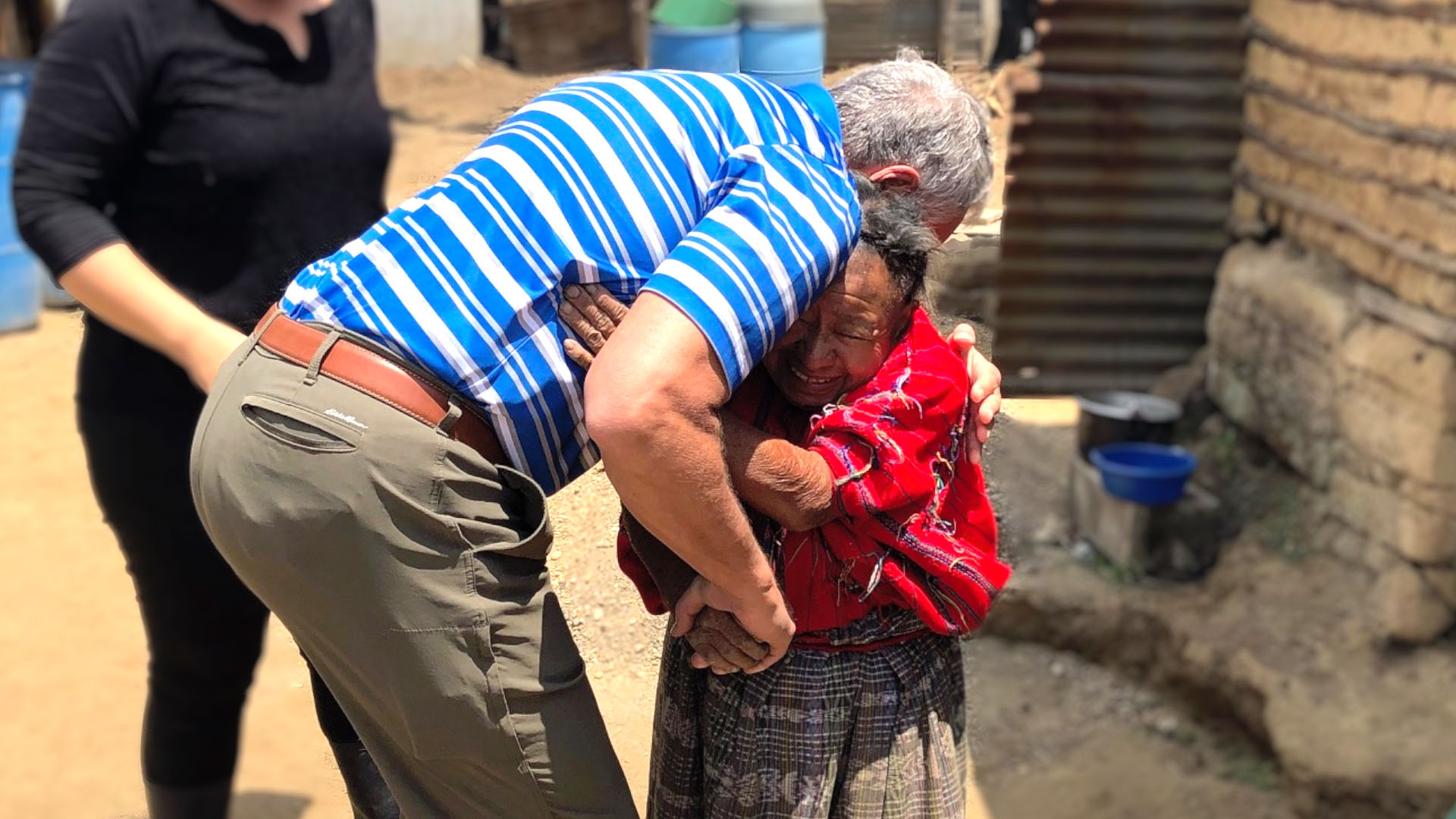Those who have lost loved ones need extra compassion, and sometimes that love can take very practical forms.
In the United States, there are nearly 14 million widows and widowers, and over 11 million of these are women.
Beatrice Schwartz, a healthcare professional and widow, commented to The Guardian, “The world is not sympathetic to what you’re going through. They don’t give you any time to grieve properly.”
Guardian writer Carla Stockton points out, “The moment a woman is at her most vulnerable, she must make choices that will have an enduring impact on her wellbeing.” Piles of paperwork and legal action face a new widow to make sure assets are taken care of or properly put in her name.
That’s the “best” of cases where surprise debts or crushing hospital bills don’t suddenly fall on the recently bereaved.
In other parts of the world, however, being widowed can become an even more traumatizing process where a widow may be forced to marry a relative, isolated from the community for being “cursed,” or far worse.
A Woman Alone
Guatemala has one of the highest rates of homicide in Central America, thanks in great part to the pervasive drug trade, rampant gang violence and poor-to-nonexistent law enforcement.
For many women, being widowed translates into marginalization from their community because they and their children are seen as economic burdens and social liabilities.
Part of this is because most women in Guatemala, especially in rural areas, only receive up to a 4th or 5th grade education. Widows are often unable to find work and end up borrowing money from neighbors to pay for food or their children’s school fees.
Since almost half of Guatemala’s population is under the age of 19 thanks to La Violencia and other brutal interludes in the country’s recent history, widows are far more likely to be young or middle-aged.
The most benign cases of social ostracism are because other women claim they’re worried that these widows will try to steal their husbands. In grimmer cases, it’s because widows are vulnerable and more likely to be the targets of trafficking or gang violence.
The Firewood Gatherer
Louisa lived in a shack made of sticks, corn-stalks and dirt with a tiny stove that filled her “roof” with soot and the shack with carbon monoxide. At an altitude of 7,000 feet, however, she didn’t have an option of going without the stove, particularly on cold nights.
When the rains came, her entire floor turned into mud. However, she had no one she felt she could turn to for help.
She’d been in her 40s when she was widowed, and she lived alone for the next 50 years. Her parents and siblings had all passed away. Her children were gone.
In order to feed herself, she frequently trekked into the woods to gather firewood. Some she sold in the local market; the rest she took home to keep herself warm. While out one afternoon, she fell.
Painfully getting to her feet, Louisa noticed a gash on her leg. She hobbled home and treated it as best she could. After a few days, though, it had become badly inflamed, and tiny red streaks beneath the skin were starting to crawl up her calf.
How Beautiful
Louisa had recently become part of a widows program that was run by World Challenge’s partner in Guatemala.
They came to visit her with Mark Buzzetta, World Challenge’s Director of Mercy Ministries. She invited them in, and they noticed her limping. Hesitantly, she showed them her leg.
They were shocked at how bad her infection was becoming. “We need to go to a doctor right now.”
Louisa allowed herself to be ushered to the ministry’s vehicle and sat in the frontseat. She’d never ridden in a car before. Amazed, she stared at the lush green landscape of her own country whizzing by, murmuring, “Oh, how beautiful. It’s so beautiful.”
They arrived, but Louisa suddenly became anxious. “I don’t want to see this doctor. I don’t want some stranger touching my leg.”
Then she saw three other widows coming out of the clinic and finally conceded to let the doctor examine her infection.
Building a New Life
Louisa visited the doctor weekly until her injury healed. She now receives frequent visits from church members in the area to make sure she is doing well and has company.
Currently, they are building her a new cinderblock home with proper ventilation for her stove.
Like the other 42 widows in this program, the new home and amenities are deeply appreciated, but what these ladies feel most is being treated kindly and having community once more.
Mark Buzzetta commented, “When we asked them what else we could be doing to help them, they said, ‘What do you mean “What more?” This is everything, compared to what we had.’ There’s such appreciation for just being able to live in humane conditions.”
